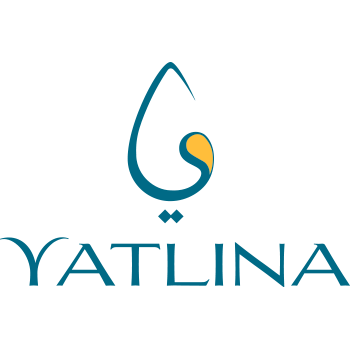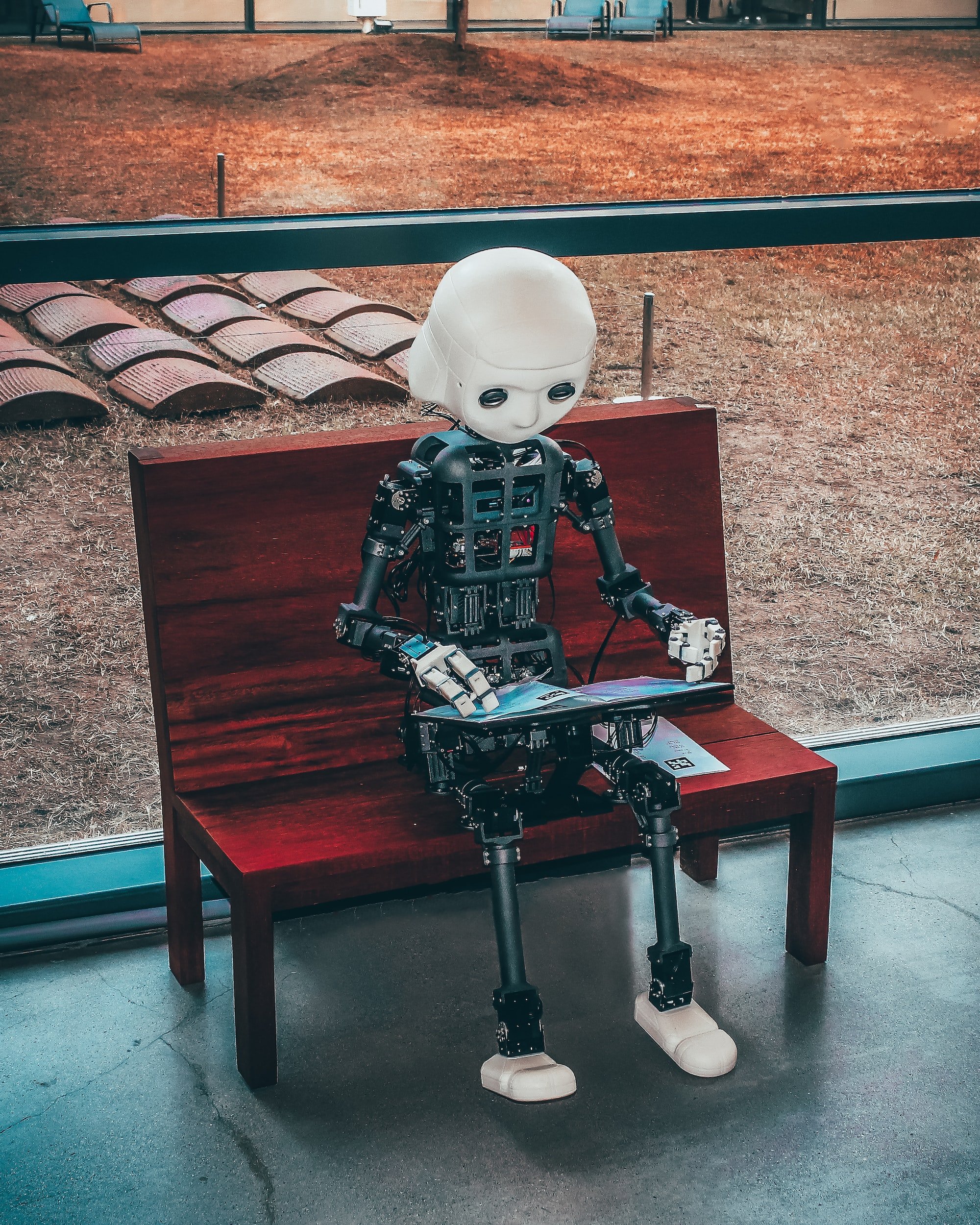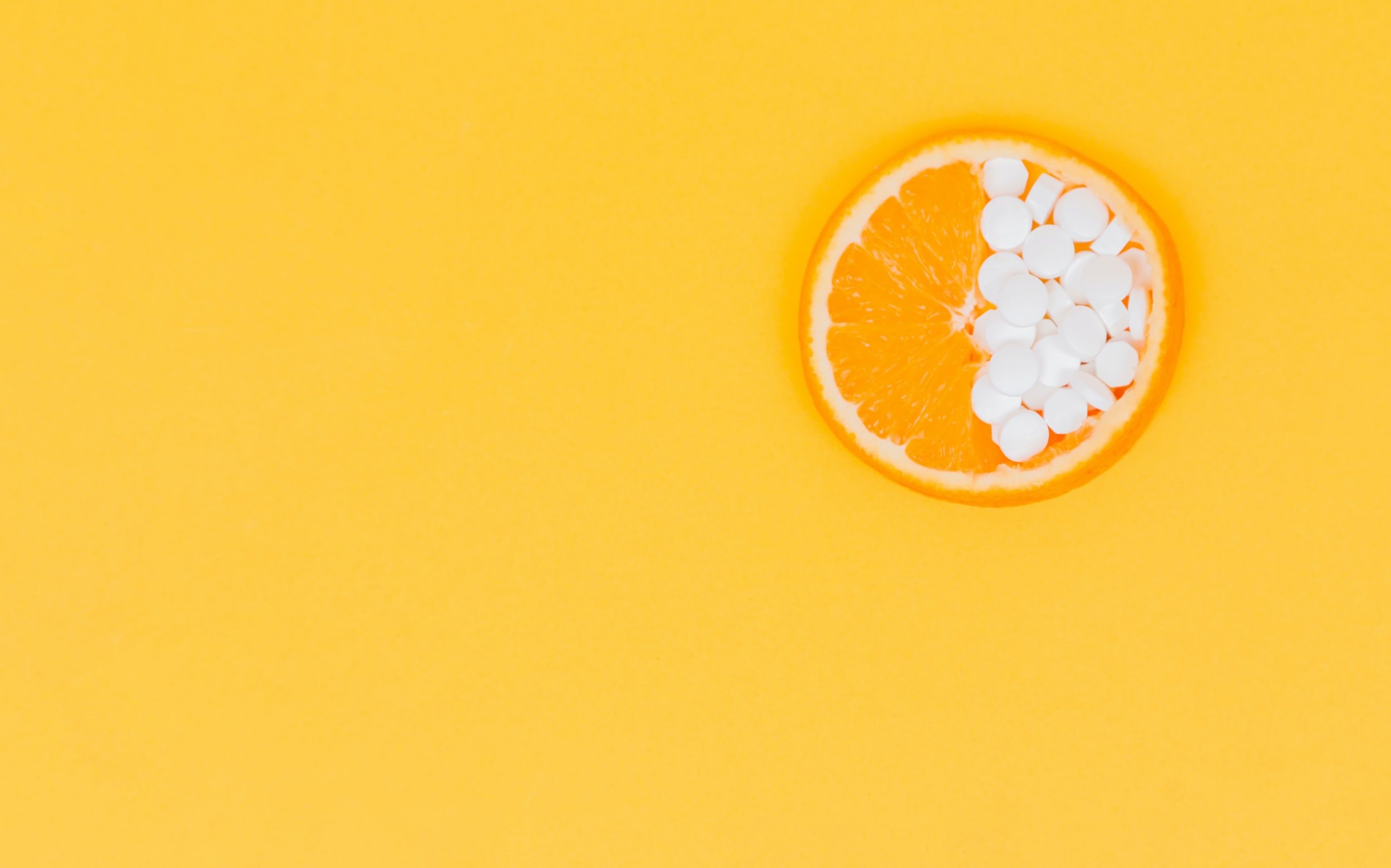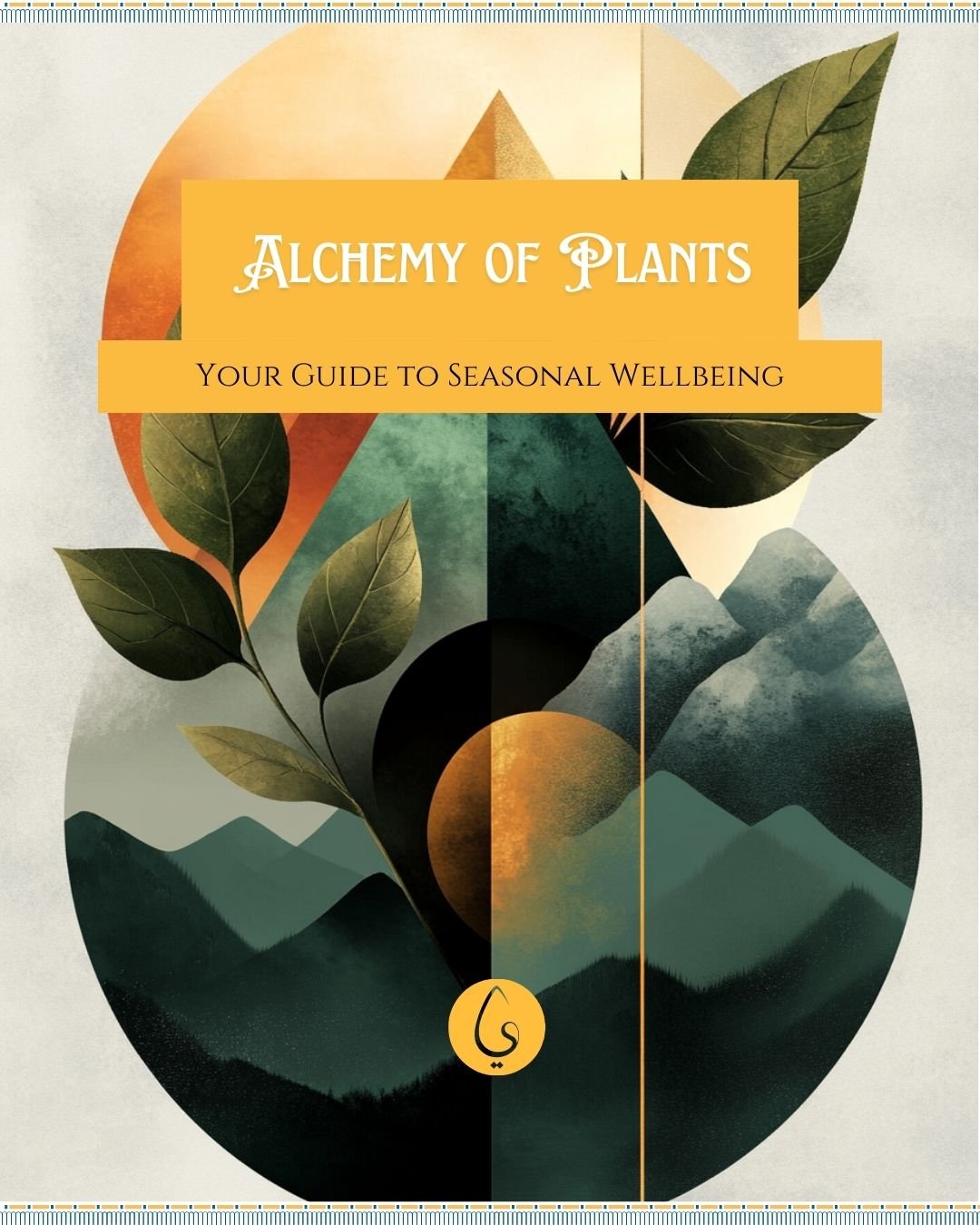How can AI tools like ChatGPT help the aromatherapy business
A geek at heart
Having worked with technology for most of my previous 20-year career before I retrained as an aromatherapist, I am always curious about the latest software to make my life easier.
Hurray for technology!
When AI tools started becoming mainstream and readily available and claimed they could write whole blogs for you or generate photo-realistic art, I was very excited to hop on board that trend that promised to free some time in my busy week, multi-tasking and juggling so many chores. Everything in my brain seemed to be marked "URGENT", so any little help was welcome!
The reality was surprising and unexpected.
Can you generate an AI post on aromatherapy?
I tested some AI writing tools on subjects I knew well to see what alternatives would come up and the accuracy of the information. I was surprised to see how paragraph after paragraph came back with what seemed to me very coherent and fluid text explaining in detail subjects like aromatherapy and the olfaction system in the body. I felt intimidated, to be honest!
If all it took to generate content that seemed genuine was a few carefully chosen keywords, were all my efforts in researching my subject a waste of time?
Then I started to read through the generated replies and check out the links and research it pointed to as evidence (One of my prompts was to back up any claim with research in reputable journals), which is when things fell apart a bit.
The way AI text generating works, as explained by the creators of it, is it trolls through the internet to gather information using the keywords you entered and then generates sentences and paragraphs based on those results. The more precise you are with your words, the better the content that comes back and the more coherent it sounds.
Conventional research vs complementary therapy studies
Here is the main problem most complementary therapists will face. Research into subjects like aromatherapy and the effects of essential oils (single components or blends) is rare. Plus, the research papers can sometimes fail the conventional rigorous constraints to test pharmaceuticals before they are brought to the general public.
After all, the whole reason for having peer-reviewed papers was to make sure no false claims about medical interventions were made that could endanger patients. This usually involved placebos (usually fake sugar pills) to ensure the results were as accurate as possible.
How can double-blind research be conducted to test an aromatic oil if the subject can immediately tell the placebo is unscented?
Complementary therapy factors in the preference for a scent or how the setting and care given to the test subject can influence the outcome. To many observers, more than that is needed to prove the efficiency or effectiveness of a treatment, as it is not a black-and-white result.
Was the result because the product worked, or was it because the subject enjoyed the intervention and stuck to it as it made them feel mentally better and therefore reduced the physical symptoms they exhibited?
Medicine vs complementary intervention
One of the main differences between complementary therapies and conventional medicine is that the person is looked at holistically, and the symptoms are not seen in isolation.
You treat a specific complaint with medication, and the drugs target a particular organ or system that corresponds to that. That is why pharmaceutical drugs work and why certain drugs will have a list of unintended side effects that go along with them. The side effects are usually tolerated, or more drugs are given to combat these new symptoms. The body is connected, and if one organ is not functioning correctly, it is rarely confined to that area; connected systems are always affected.
With treatments like aromatherapy, a blend or a single oil can be used to treat several symptoms and target several areas of the body, taking into consideration other lifestyle factors. This approach might only work for some problems out here, and it might only work in tandem with pharmaceutical drugs. Still, in a lot of cases, it can intervene before medical care is needed and decrease side effects that can occur if medication is already prescribed.
Conventional research studies and setups require significant modification to consider this major difference in the patient treatment approach. There are several attempts by reputable academics and complementary therapy practitioners to align the two ways and to help put a guideline to how new research using aromatherapy interventions is set up to produce results comparable to the traditional scientific research also reproducible for others to build their further studies on. The most notable one is the ARQAT initiative, who’s on a mission to publish tools and guidelines to ensure the highest standard for non-pharmacological research. You can read more about this task force HERE
Clarification
To be perfectly clear, I am not against pharmaceutical interventions or modern drugs. I would not treat a heart attack by sniffing some oils or advising anyone with a broken bone to rub some oil on it.
What I am saying is that sometimes, a lifestyle change or an early intervention with carefully chosen complementary therapies or products can minimise the risk of problems escalating, or when conventional medicine is already being prescribed, the complementary treatments, in some cases, can reduce dependency on long term medication and shorten recovery time to allow the body to rebound.
Going back to AI-generated content
Knowing all the limitations of complementary therapies research and how AI tool looks for validation online, I refined my search. I got it to generate several answers to the same question. The result was excellent.
It still reads like machine-generated content, but here is the thing, IT IS A MACHINE. The best way to use this knowledge is to make it outline for you the points you need to create and the content you need to fill it with. It helps you save time by avoiding tangents or unrelated topics.
Would I use AI to help
As an aromatherapist, using AI tools has helped me reduce time in outlining a post I want to do or an idea I want to generate. It is a great tool to set you up and get you halfway there. To get to the finish line, you need to do your research and filter out the vast amount of information out there to highlight your point with valid and relevant information.
After testing out AI tools for the last month, I would absolutely rely on them to HELP me generate content. Still, I would not blindly publish what was generated without rewriting it and adjusting to my experience and knowledge. And I will always double-check the "research" papers it references to ensure they exist and are from respected sources.
AI text to art
For some bizarre reason, text-to-art tools have failed me whenever I tried to generate a photo of a "woman smelling from a personal inhaler". I obviously need to refine my prompt commands a LOT more. I will leave you with this AI-generated gem that I am sure will make you rush to my online shop to buy that excellent product!









